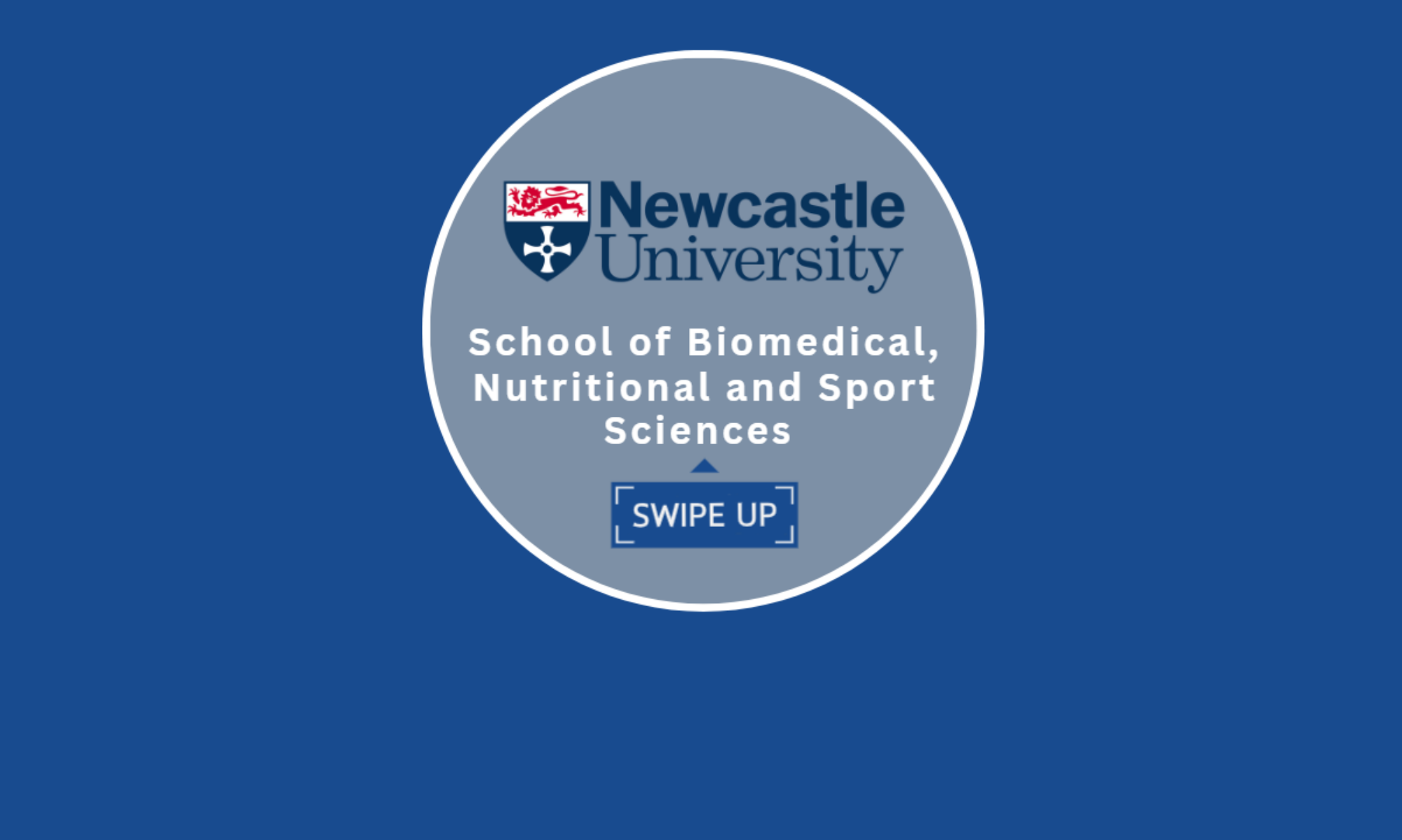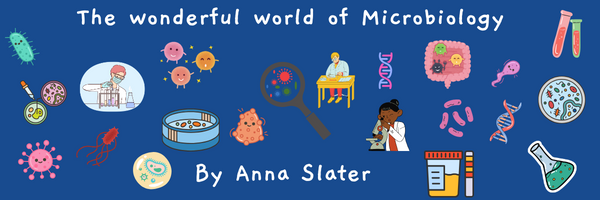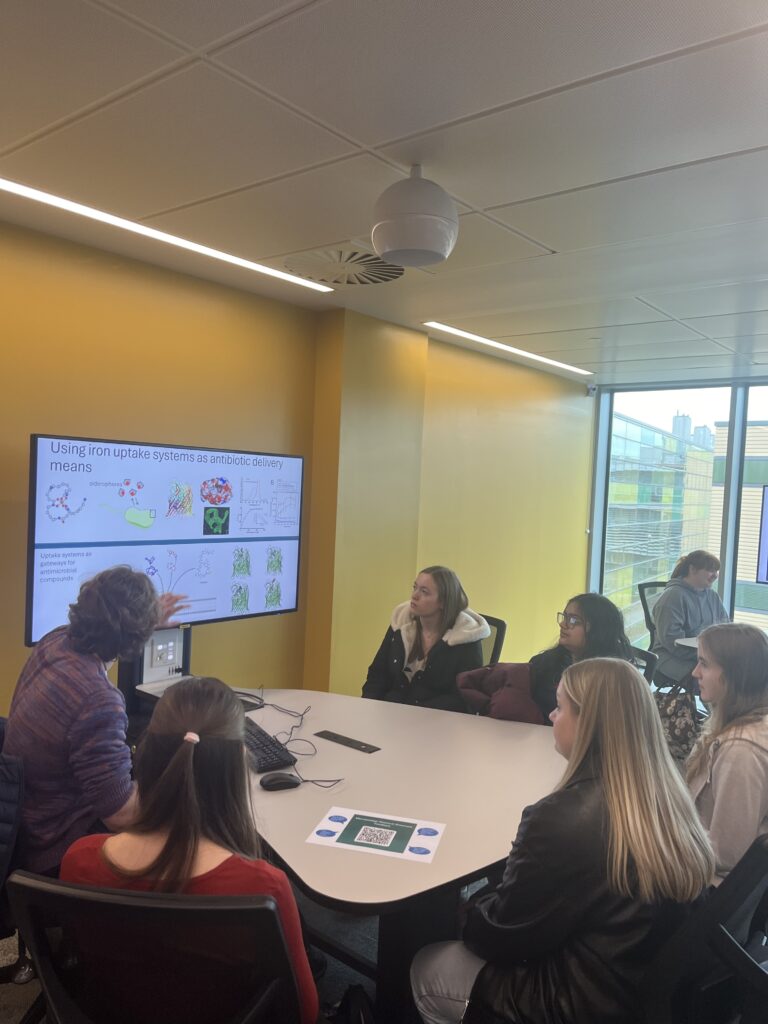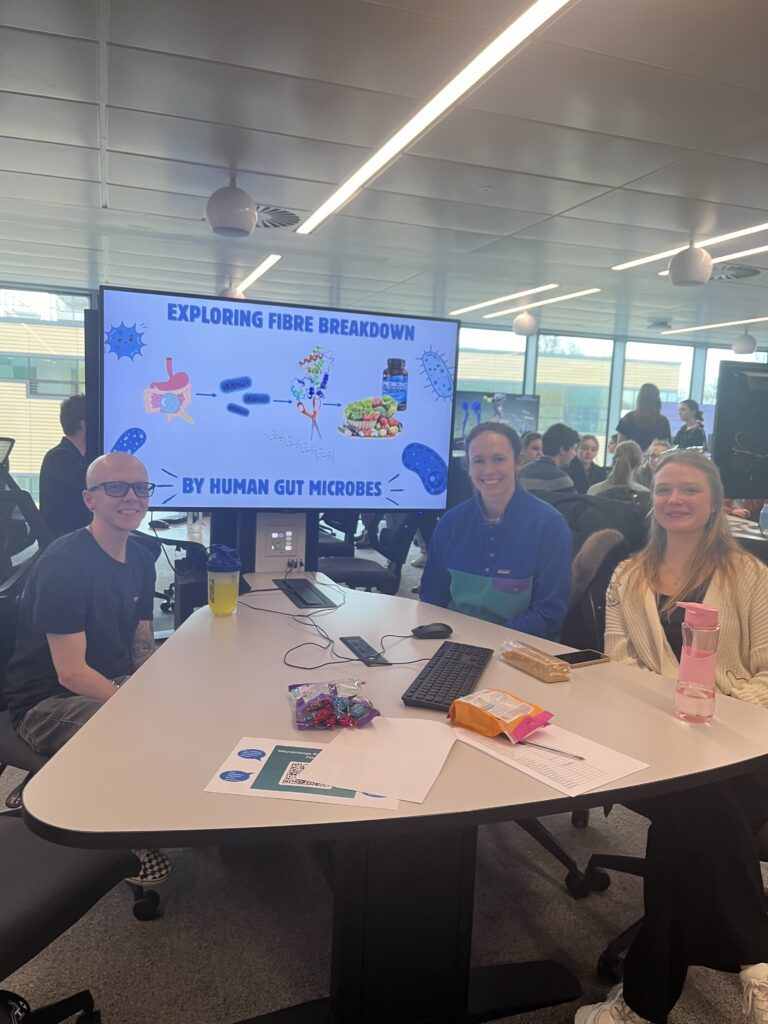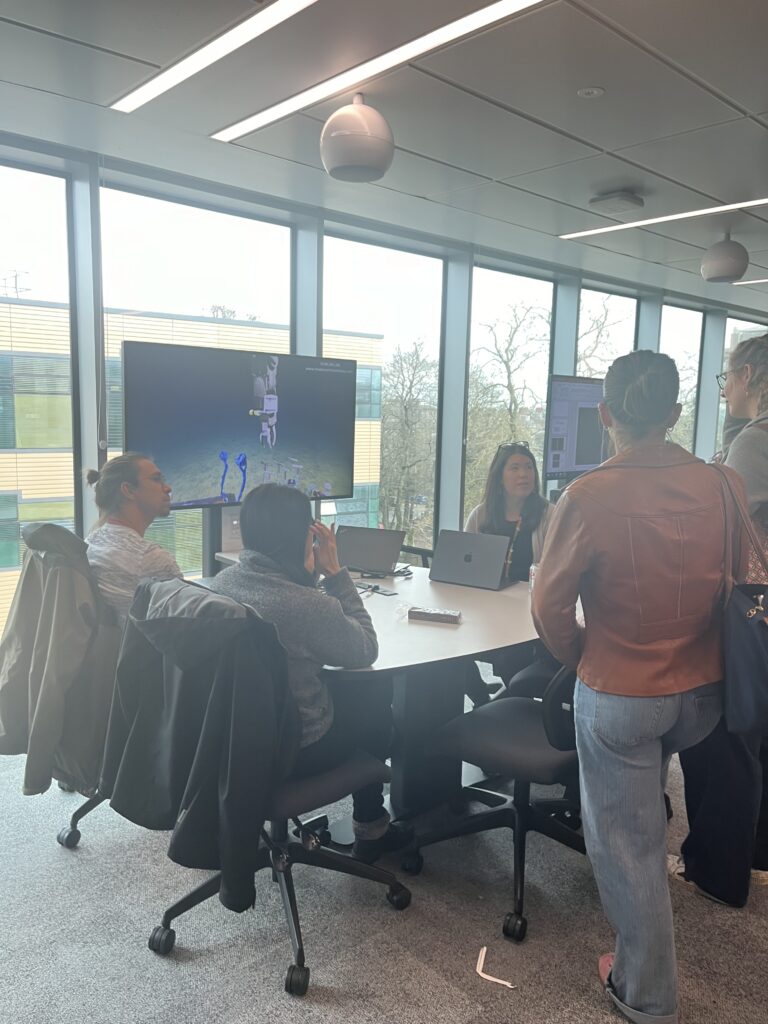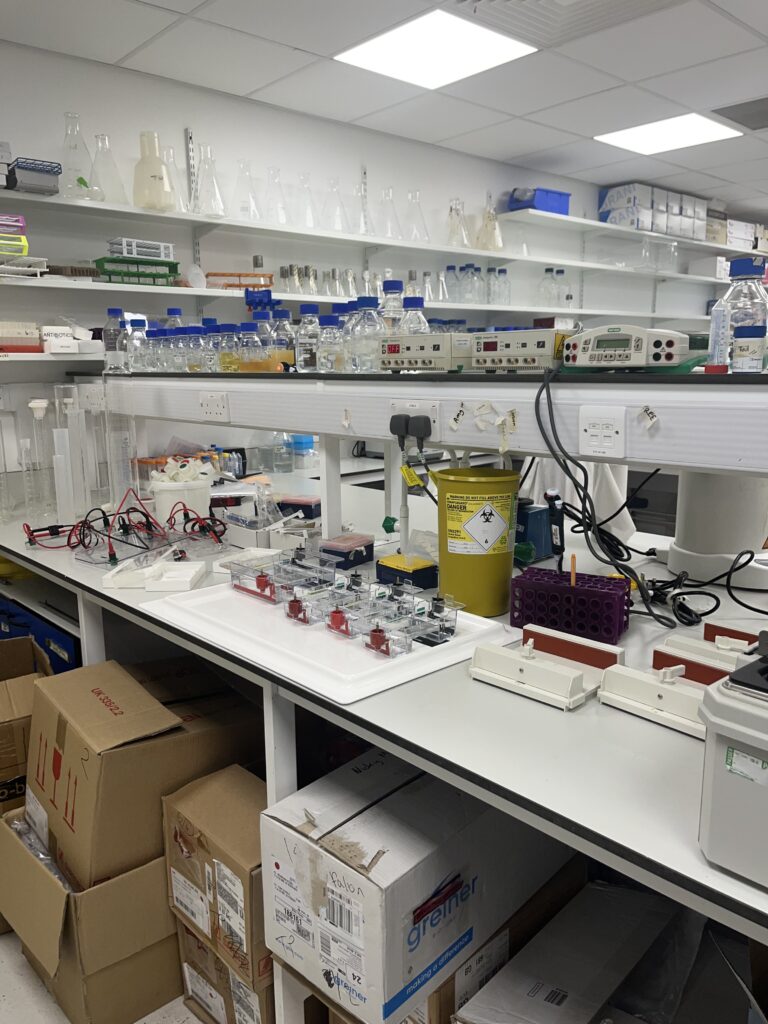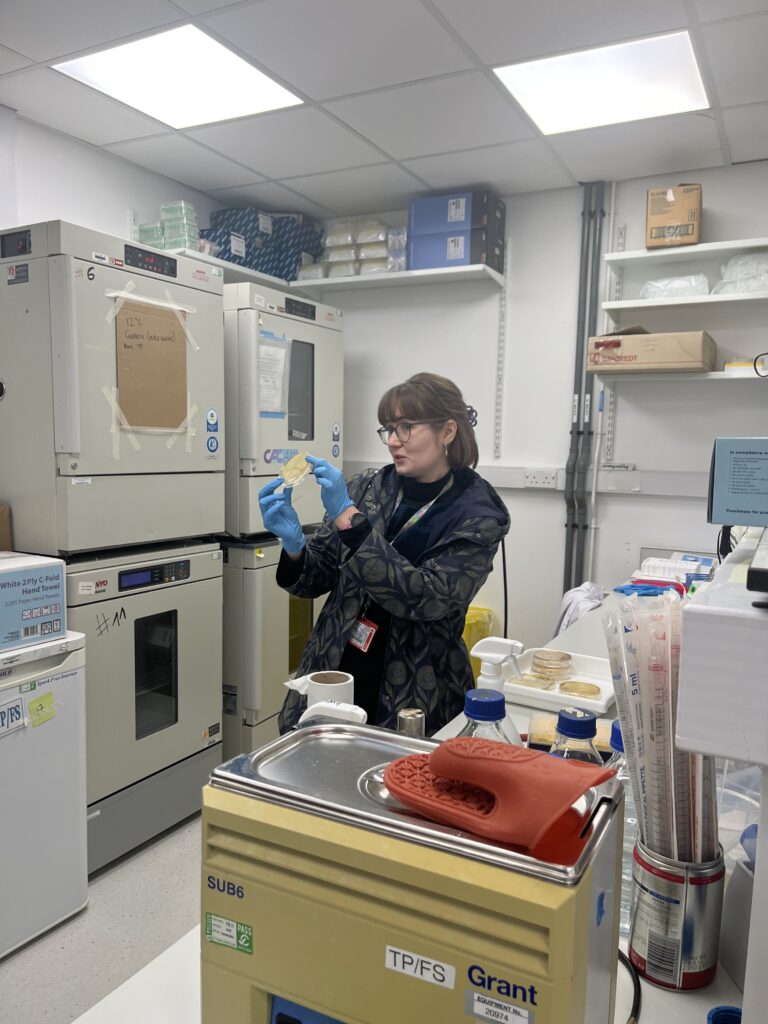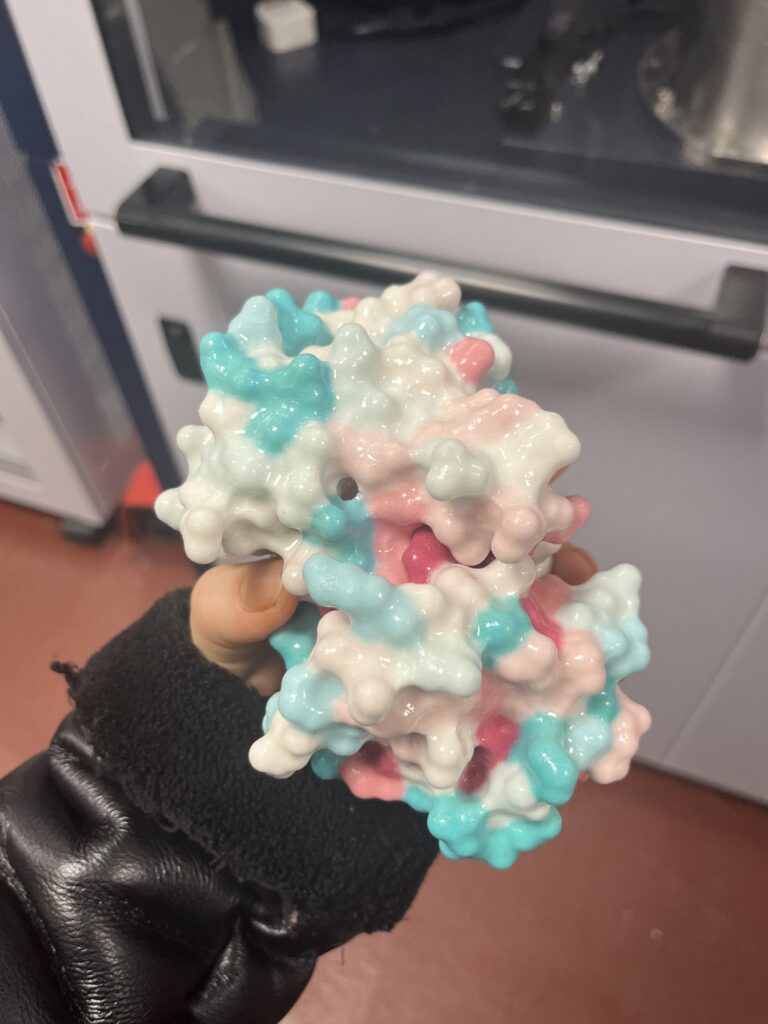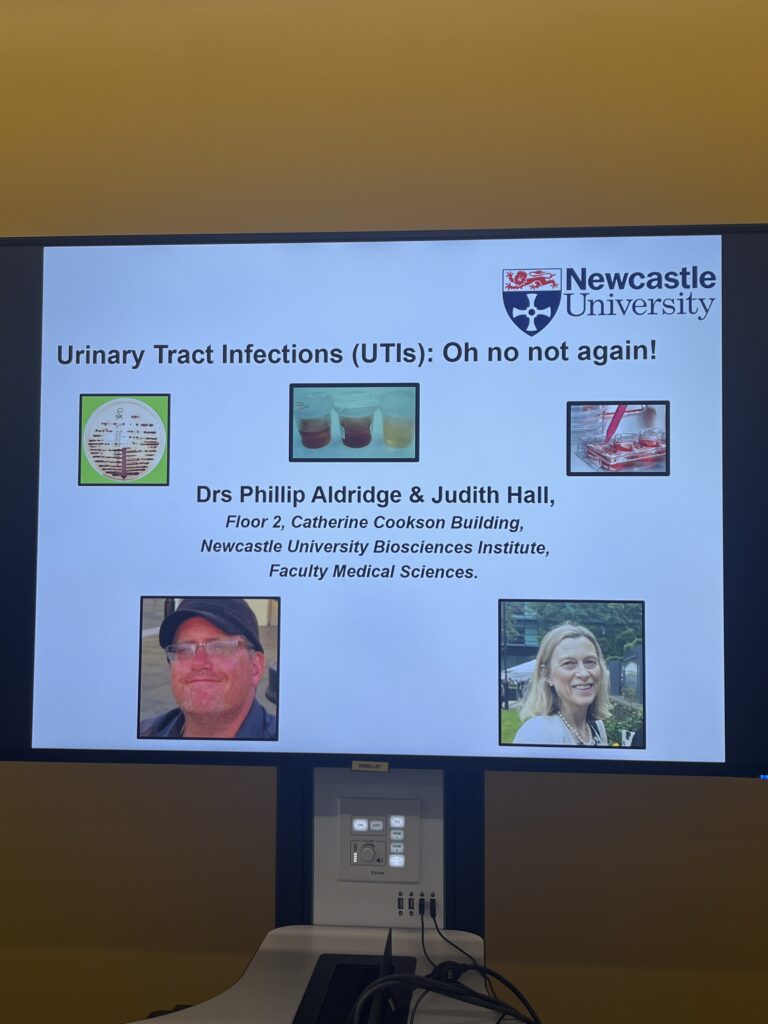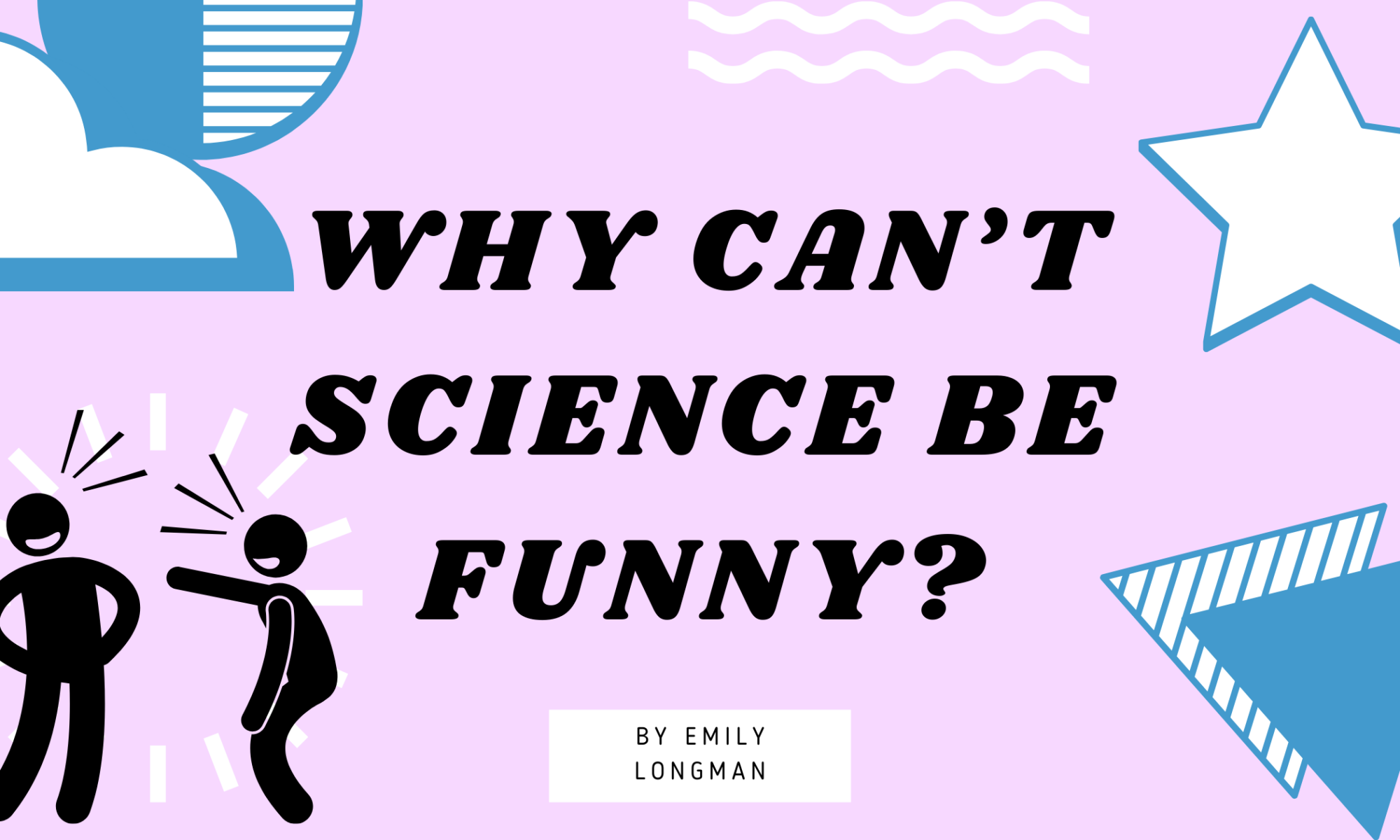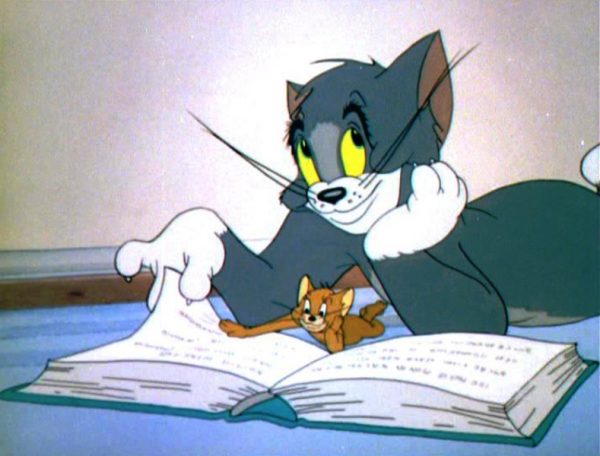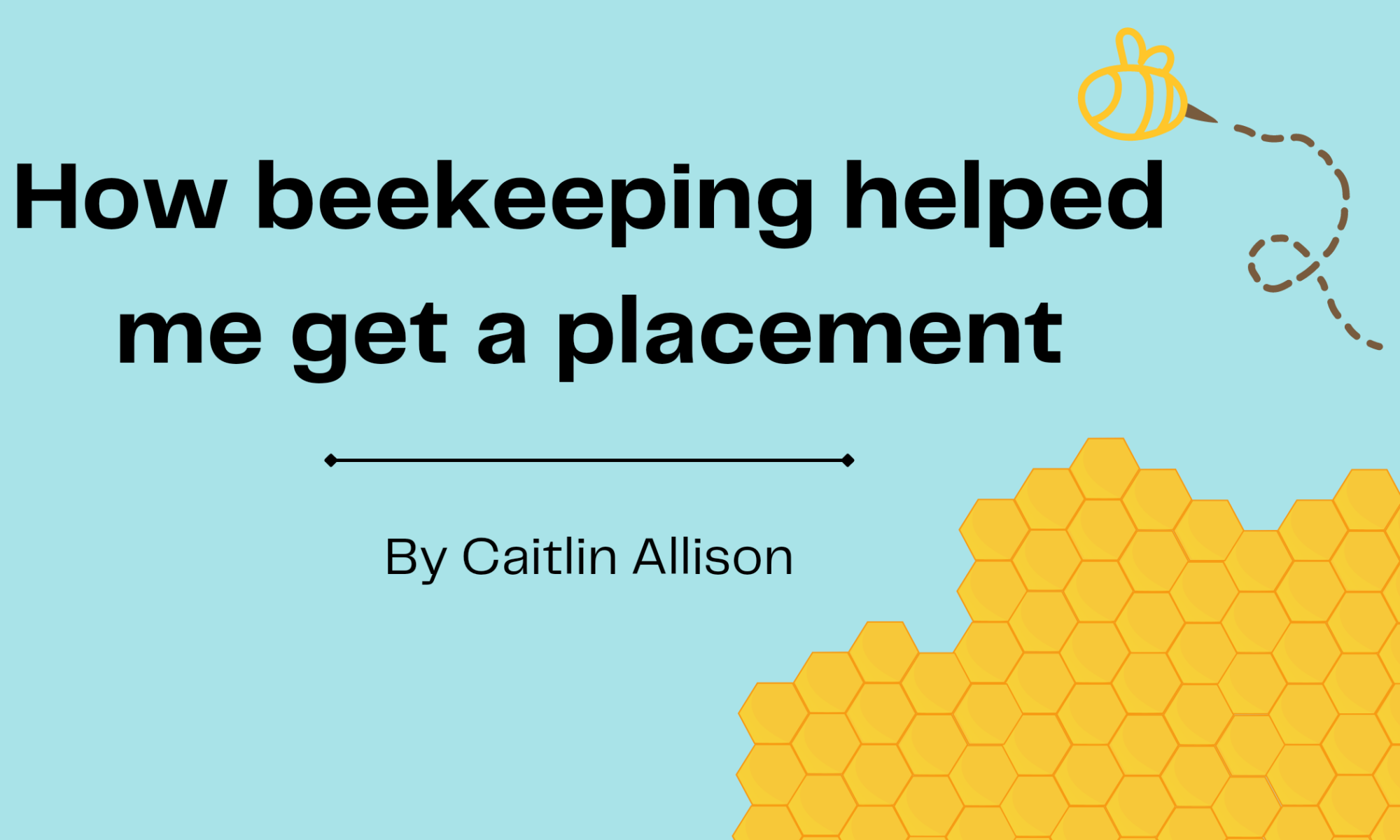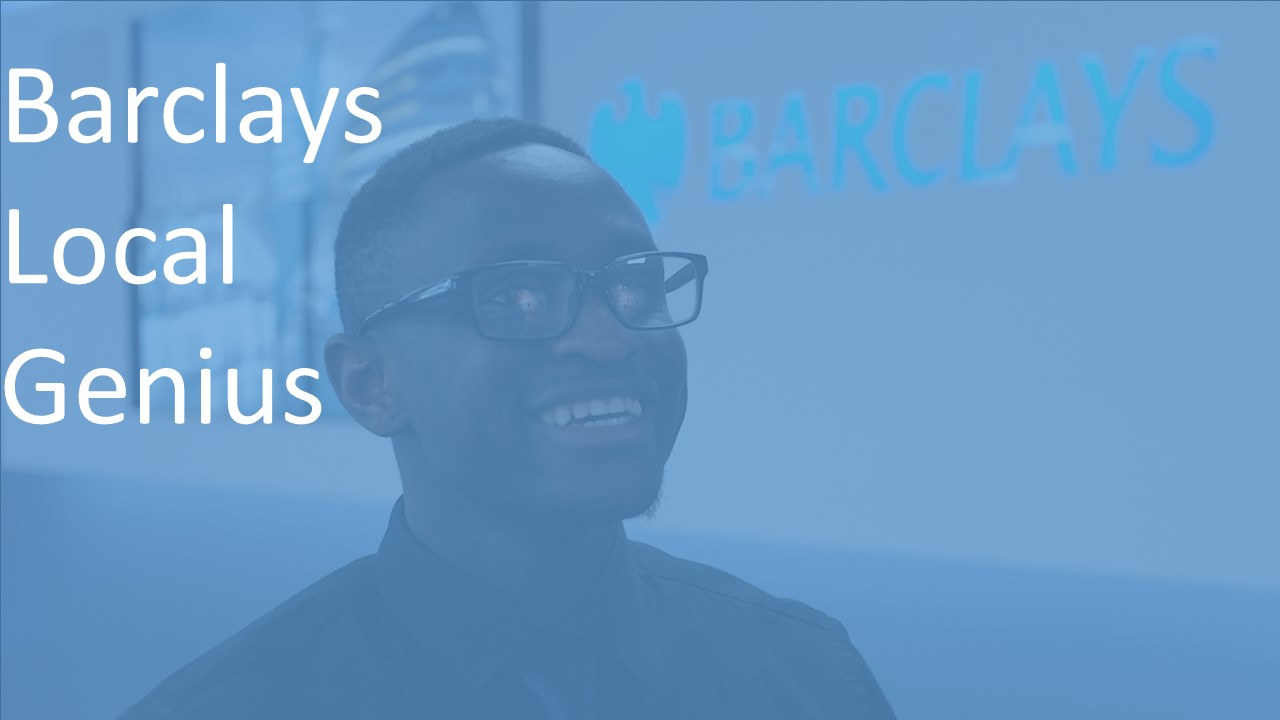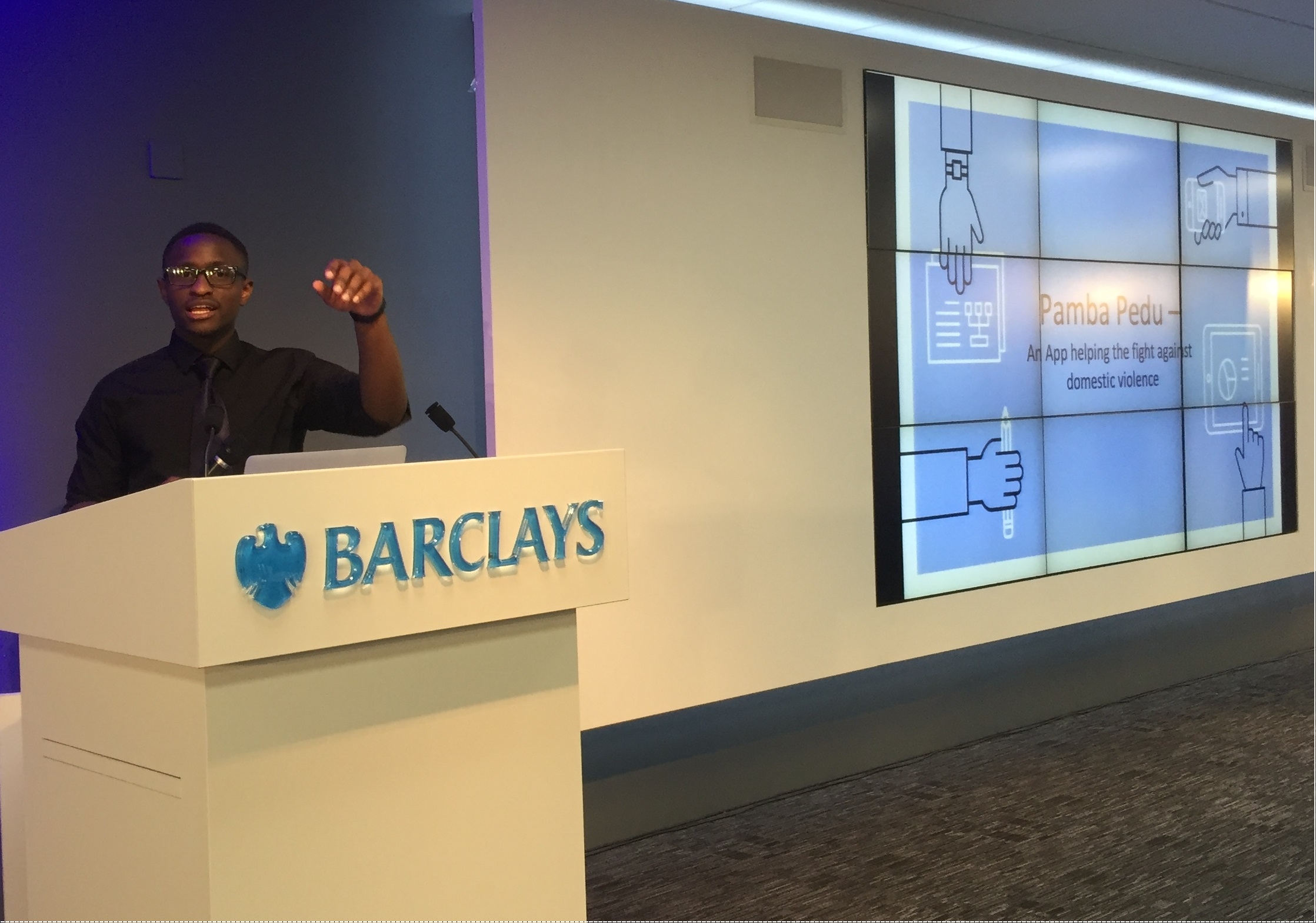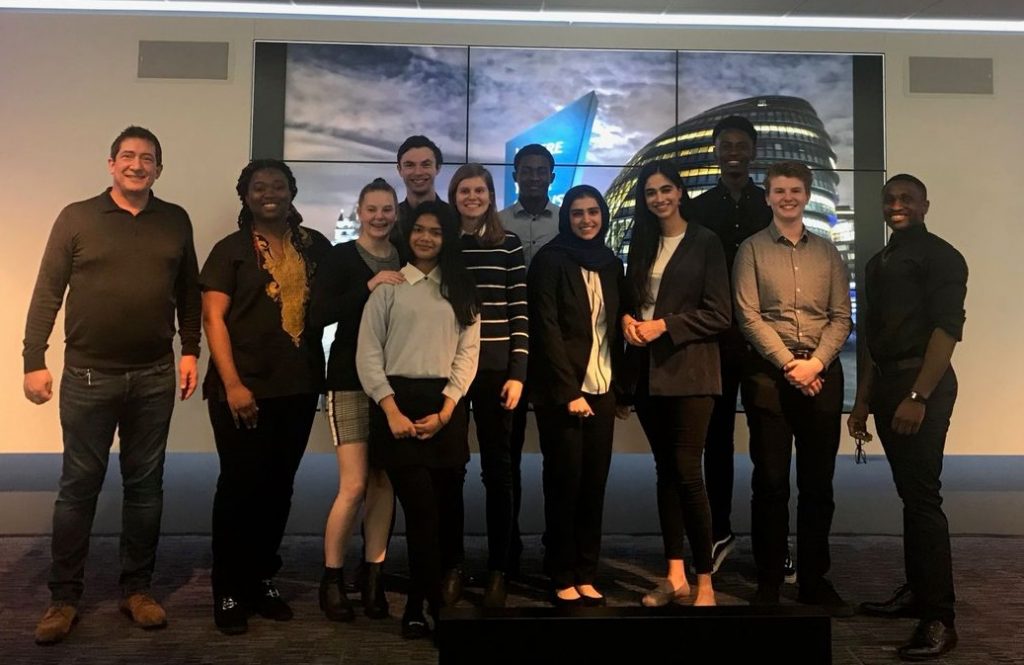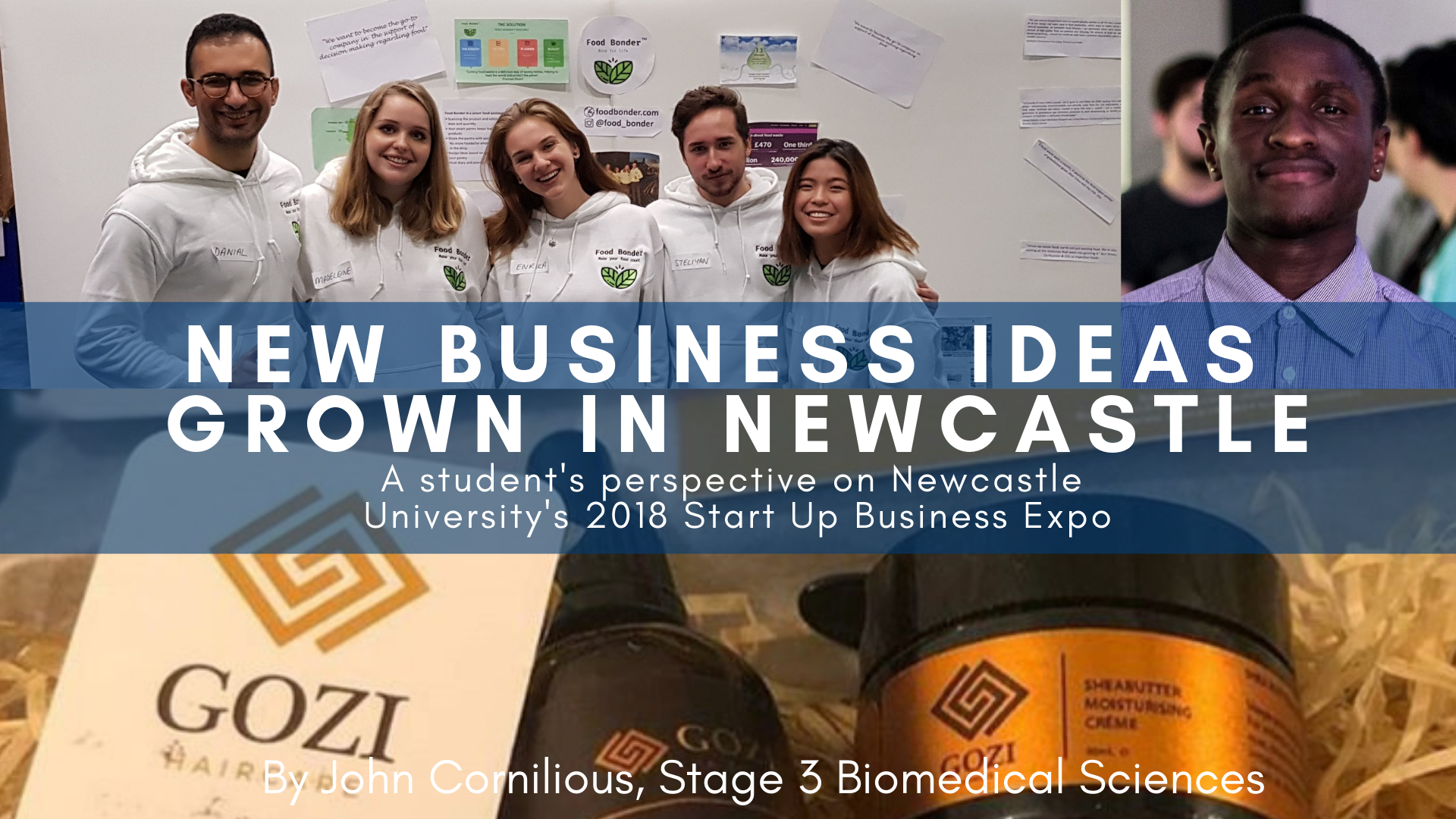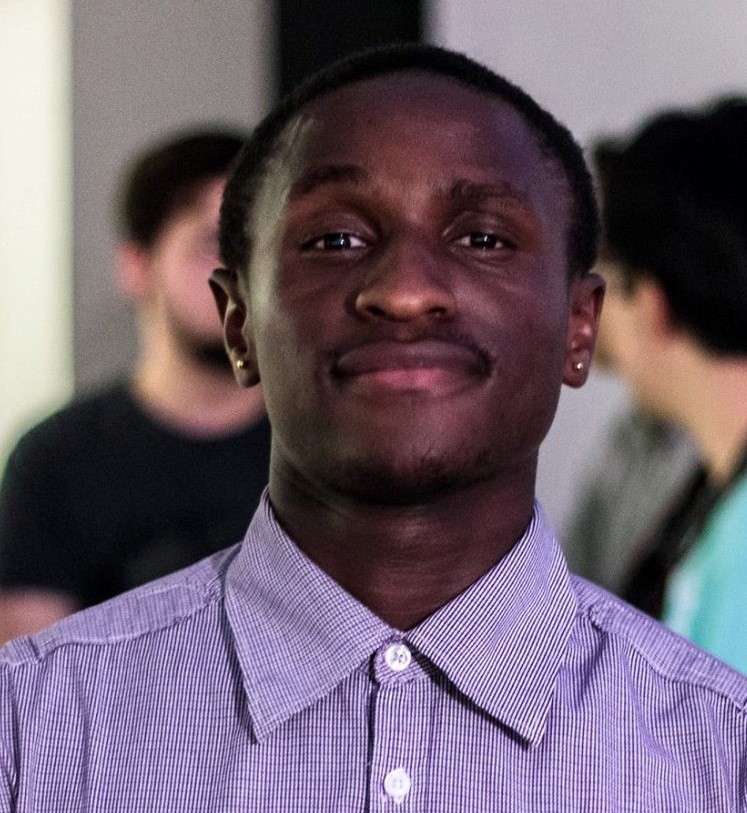By Megan Groves, BSc Biomedical Genetics with Professional Placement Year
Hi, I’m Megan and I’m a Biomedical Genetics student at Newcastle. I was very lucky to be able to undertake a unique type of placement year and learn more than I ever could have imagined!
I find it so much easier to learn new skills while working and being able to apply my knowledge in real time so I knew a placement would suit me perfectly. I applied to a few placements advertised through the university, but none really spoke to me. I wanted to see if I could find other options, so I typed “Genetics UK” into Google and cold-emailed the first 5 pages of companies that came up. Luckily, Gemini Genetics was among the ones that answered!
After a phone interview, I travelled to Shropshire for a trial day, and I was easily convinced that I would really enjoy my time there.
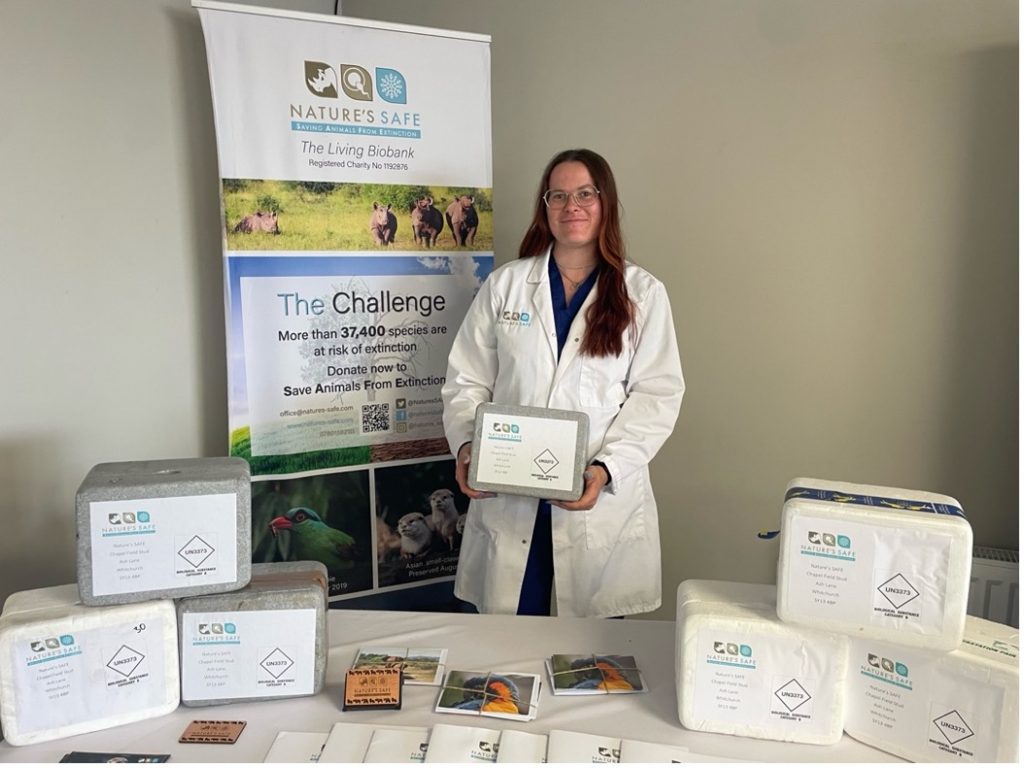
Social media promotional posts for charity Nature’s SAFE.
The placement I undertook was quite particular as I worked part time for 2 very different companies that operate on the same site. The first one, Gemini Genetics is a company that offers genetic preservation and cell culture services for pet owners who wish to clone their cats, dogs or horses. It is a very small company, so I was able to get involved in a lot of projects and make progress quickly.
My job involved everything from data management, contact with clients and social media marketing, to genetic preservation sample processing, cell culture work, liquid nitrogen handling and all lab work for sister charity Nature’s SAFE – a charity that endeavours to save animals from extinction by cryopreserving samples from hundreds of endangered species.
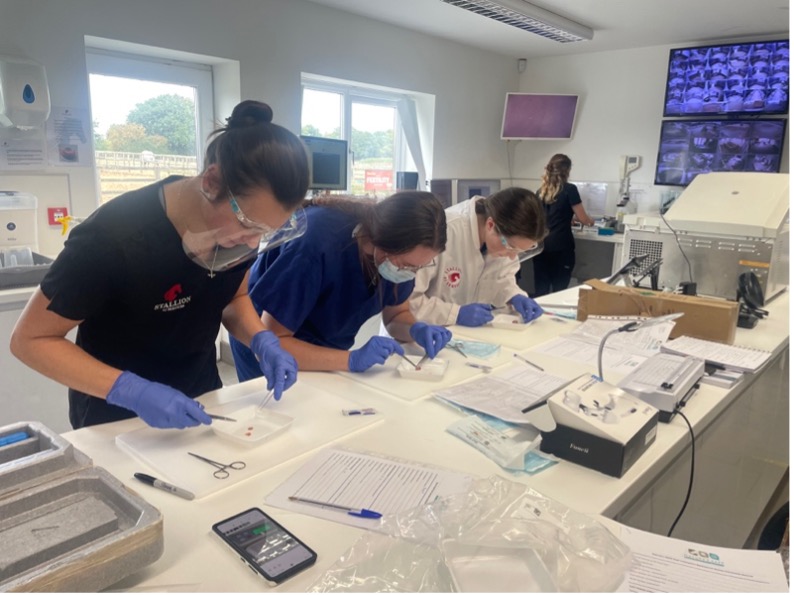
Performing an epididymal semen extraction on squirrel monkey tests for charity Nature’s SAFE.
My second job was working for Stallion AI Services, a world-renowned company in the field of equine breeding. I spent 2 days a week working on the yard as a stud groom, taking care of the stallions as well as learning about semen collection and processing. This allowed me to have a very varied workload, going from physical yard work in the morning to lab work in the afternoon multiple times a week. The team working with the stallions was also incredibly warm and welcoming and it felt very rewarding to become a true part of it. Stallion AI Services also employed 2 other placement students and as we all lived onsite together, it allowed us to grow very close and make some fantastic memories!

Big Star Movie Premiere Event at Stallion AI Services
Working both of these jobs allowed me to condense so much learning into one short year – building on completely different skills every other day. I thrive on variety and being able to hop from one role to another, sometimes multiple times within a day, was truly the best thing I could have asked for.
Why would I choose to do a placement at a small company?
When you work at a small company, you end up being involved in more aspects of its daily operations and get to see the full scope of your work! At Gemini Genetics, the lab staff included my manager, myself, and one other part-time member of staff. This meant I was able to get fully stuck in with loads of different jobs, from social media to sample processing and client enquiries which meant I was able to be involved in processes from start to finish!
How can I find a placement tailored to me?
Because the placement itself is so unique, there isn’t just one answer to this! For me, I found that really leaning into what differentiated me from my peers and what I could bring to the company was key.
For example, I have a background working in the equine industry from before going to university so I leaned into that when I found the opportunity to do these placements – and I speak French and German which ended up being a massive plus in these companies that have loads of European clients, and not always staff members that are proficient in the languages!
Is taking a placement year beneficial?
I personally cannot put into word how beneficial I think placements are! They teach you so much about yourself as well as the industry you might (or might not!) want to work in. There is nothing like a steep learning curve in a completely new environment to build friendships for life and some hard-earned resilience – especially if you have to be around moody horses in the cold and wet Shropshire winter!
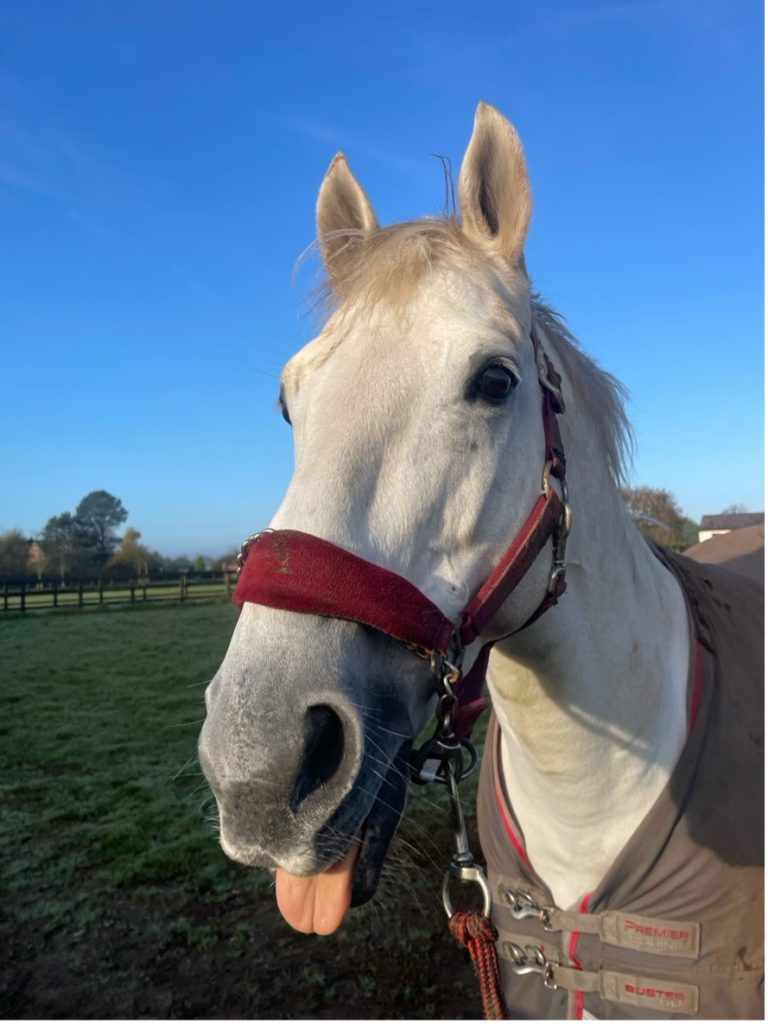
Cloned stallion Murka’s Gem striking a pose.
